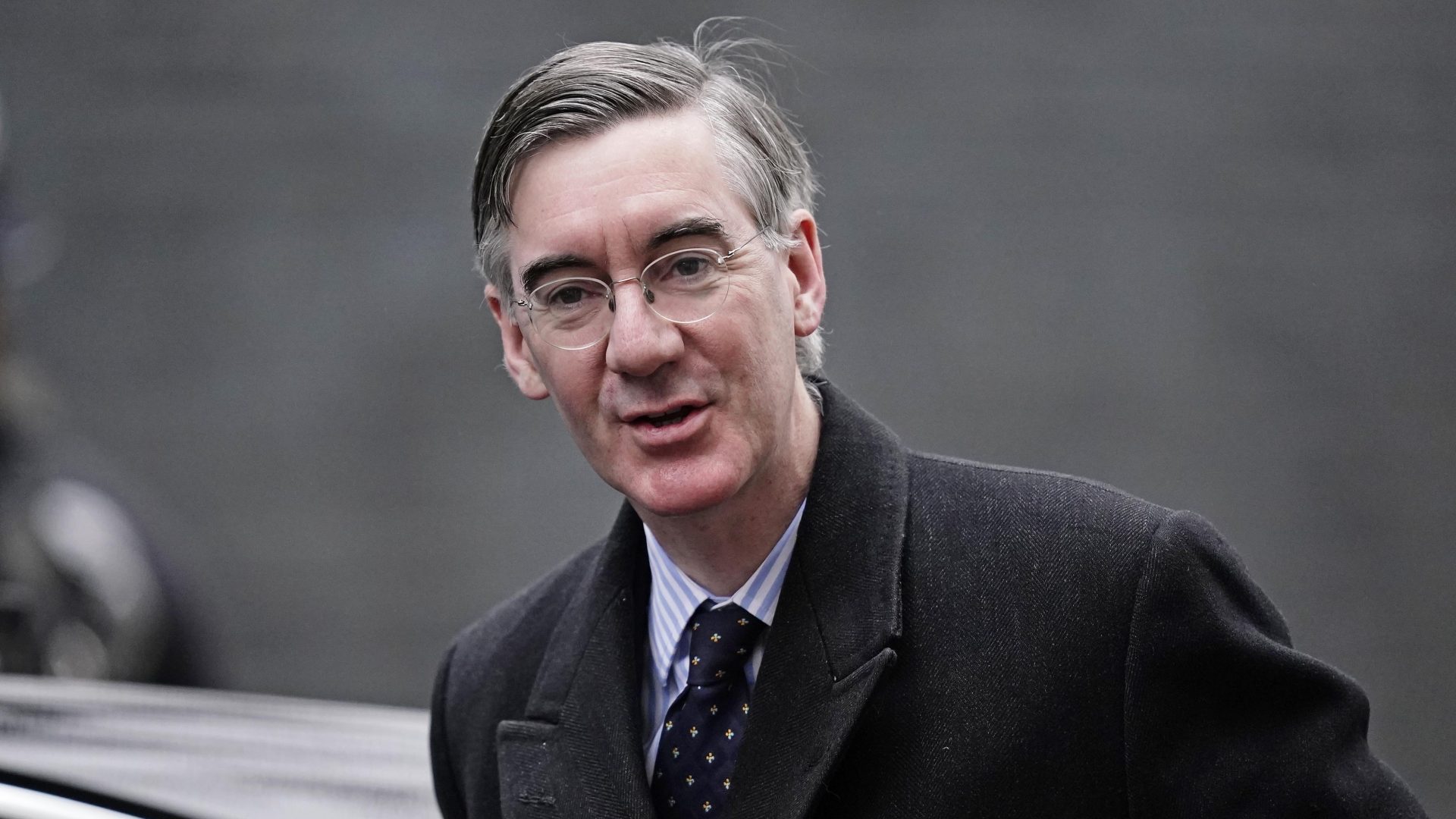The day after announcing the appointment of arch-Brexiteer and man-about-clown Jacob Rees-Mogg as the new minister of state for Brexit Opportunities and Government Efficiency, the brand new government webpage for said ministry still had a big blank space under the section headed “Responsibilities”.
The thing is, it’s not even that surprising. In fact, it’s probably the most sensible thing this government has done for a while. Why hand your opponents another stick to beat you with when they have so many already? It’s almost as though Boris Johnson and his team have decided the jig is up but it doesn’t matter anyway, so why continue the charade of governing for anything other than individual benefit and personal survival?
On their side of the looking-glass, there are no taboos. Anything, however ludicrous or slanderous or fanciful, can be said or done. No matter that “words have consequences”, to quote Speaker Lindsay Hoyle as he rebuked Johnson this week for his slur claiming Labour leader Keir Starmer failed to prosecute serial sex offender Jimmy Savile.
So why not create a Ministry for Brexit Opportunities, despite the glaring lack of same? And why not name a man who once said it might take 50 years to reap the opportunities of Brexit to lead it? He’s a man who knows a bit about opportunity, because the City firm he founded – Somerset Capital Management – opened two investment funds in Dublin ahead of the hard Brexit he championed because of fears of being cut off from European investors.
So far so farcical – and cynical – but behind the narcissistic, smug buffoonery, an economic tragedy is unfolding and it will not be blustered away.
Less than 24 hours after Johnson appointed Rees-Mogg to the new Ministry of Sunlit Uplands, the cross-party public accounts committee (PAC) came out with a blistering report into how Brexit red tape has hammered Britain’s trade with the European Union.
New border checks, in place since the beginning of the year, have hiked business costs and hobbled trade, it said. Things could even get worse in September when the EU brings in stricter checks, unless Johnson’s government works with Brussels to reduce delays at UK ports.
“The transition period ended on 31 December 2020. Since that date, trade volumes have been suppressed by the impact of COVID-19, EU exit, and wider global pressures,” the report said. “It may not be possible to separate out the impact of these individual elements on the UK’s trade with the EU, but it is clear that EU exit has had an impact, and that new border arrangements have added costs to business. We have repeatedly raised concerns about the impact of changes to trading arrangements on businesses of all sizes and we remain concerned.”
Meg Hillier, chair of the committee, said: “One of the great promises of Brexit was freeing British businesses to give them the headroom to maximise their productivity and contribution to the economy – even more desperately needed now on the long road to recovery from the pandemic. Yet the only detectable impact so far is increased costs, paperwork and border delays.”
None of this shrieks opportunities, hence all the jokes on Twitter featuring newly-minted minister Rees-Mogg lounging on the green benches of the House of Commons. But once again, the joke may be on the British people.
Like Rees-Mogg, Johnson had his own doubts about the benefits of Brexit. The story of the two Daily Telegraph columns – one pro-Brexit and one anti-Brexit – that he had ready to go before he declared his hand is well-known. Even in 2018, he realised he’d made a mistake.
“He knows he’s f***ed up massively. Now he’s working out how to get himself out of the mess,” Johnson’s newly appointed director of communications Guto Harri told The New European’s editor-in-chief Matt Kelly that year.
The most telling element in Harri’s indiscreet admission is the pronoun Johnson reportedly used: “get himself out of the mess”. Johnson was solely concerned with his own fate. Not that of the country. He’s still playing that game today – Monday’s mini-reshuffle was basically a crude attempt to pull his dwindling band of loyalists closer so that they can form a human shield as he staggers under the weight of Partygate, the very real and disturbing fallout from his Starmer-Savile slur and all the other non-ideological storms of his own making.
In case the British public is in any doubt about what Johnson’s priorities are now at this time of national crisis with an economy bludgeoned by Brexit and rising energy prices, a population traumatised by more than two years of ever-present death, and an underfunded health service brought to its knees by the pandemic, Harri lifted the curtain a little higher as he took up his new job, telling a Welsh language news site that when he went to see Johnson to discuss his appointment, his new boss burst into a rendition of Gloria Gaynor’s “I will survive”.
Harri – himself already under scrutiny over previous lobbying for Chinese telecoms company Huawei – seemingly thought this was very funny but not everyone is laughing. John Armitage, a billionaire donor to the Conservative Party, told the BBC on Wednesday that Johnson should resign because leaders should leave if they lose their moral authority.
The farce may be wearing thin but amid speculation that Johnson may carry out another reshuffle in the summer to gear up for an early election, the British public might be forgiven for thinking they are trapped in a particularly long, rather uncomfortable Monty Python sketch. And it’s getting less funny by the minute.










